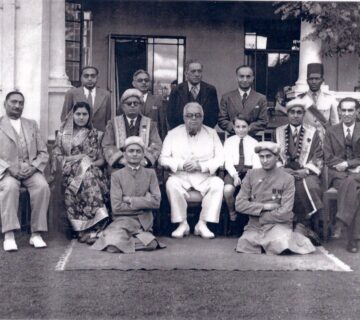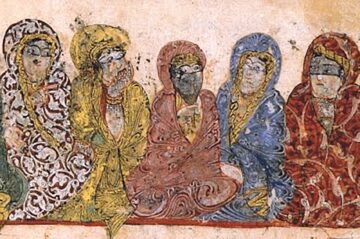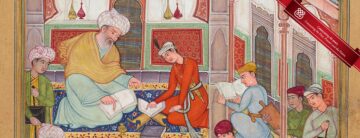Abstact: The IsmailisAdherents of a branch of Shi’i Islam that considers Ismail, the eldest son of the Shi’i Imam Jaʿfar al-Ṣādiq (d. 765), as his successor. of the Badkahshan region of Tajikistan and Afghanitan constitute an important part of the Shi’a Ismaili Muslim community today, with a distinctive socio-cultural heritage of their own. This heritage, shaped by both history and geography, has preserved their faith for more than a thousand years. Nasir Khusraw, the famous Ismaili dai, theologian, philosopher and poet from the 5th century AH/11th century CE, was probably the most influential person in the formation of the Ismaili community in this region.
This article attempts to give a general account of Nasir Khusraw’s life and teachings, using his writings as the principal sources of information. It highlights the profound and lasting impact he has had on the Ismaili communities of Tajikistan, Afghanistan, Iran and the neighbouring northern areas of Pakistan.
Emphasising the importance of knowledge and intellect in his writings, the article argues that Nasir Khusraw’s work is a product of the larger, multi-dimensional intellectual tradition of Fatimids Ismailism that developed over several centuries and made significant contributions to Islamic culture and civilisation. As such, the achievements of Nasir Khusraw constitute part of the common heritage of Ismailis all over the world, and indeed of the Muslim Ummah as a whole.







